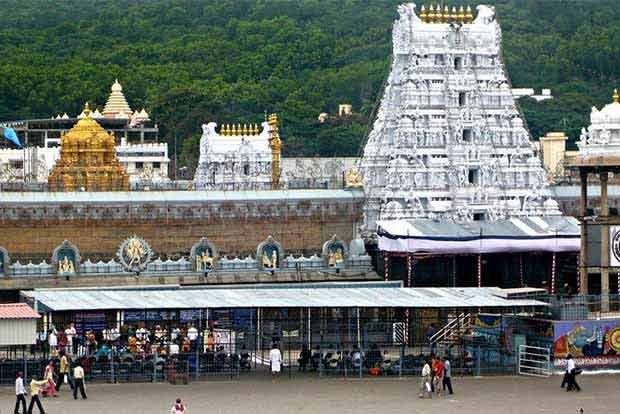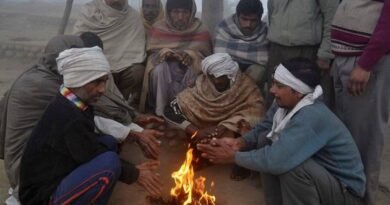TTD gets a jumbo Board; 52 ‘special invitees’ included
Amaravati, September 16 dmanewsdesk: The Andhra Pradesh government has constituted a ‘jumbo’ 81-member Board for the Tirumala Tirupati Devasthanams, nominating 52 ‘special invitees’ on an unprecedented scale along with 24 regular and four ex-officio members, besides the Chairman.
The government issued three separate orders to this effect around midnight on Wednesday claiming that the jumbo Board was constituted to “preserve the social, economic, religious and environmental character” of the TTD and to abide by the principles of welfare for pilgrims, devotees and the public at large.
Justifying the appointment of 50 special invitees to the Board, the government claimed the scope of TTD’s administration spans across fields of development works, engineering, finance and accounting, marketing, media and publication, forestry, water supply and human resources management.
“The scale and scope of these activities necessitates inclusion of special invitees who are experts from various fields. Moreover, it is the objective of the government to position the state as a preferred tourism destination nationally and globally,” the order, issued by Revenue-Endowments Principal Secretary G Vani Mohan, said.
Tirupati attracts over 36 million worshippers annually and the TTD would vastly benefit with the addition of eminent personalities as special invitees, it added.
Among the main members appointed to the Board are former minister of Puducherry Malladi Krishna Rao, YSR Congress MLA Katasani Ramabhupal Reddy, Tamil Nadu MLA A P Nanda Kumar, Karnataka MLA S R Viswanath Reddy, Shiv Sena secretary Milind Keshav Narvekar, former president of BCCI N Srinivasan and industrialist Jupalli Rameswara Rao.
Tirupati MLA Bhumana Karunakar Reddy and AP Brahmin Welfare Corporation Chairman Sudhakar have been appointed as special invitees without any voting right.
On August 8, the government appointed Chief Minister Y S Jagan Mohan Reddy’s uncle Y V Subba Reddy as TTD Chairman for a second consecutive term.
Source: PTI




